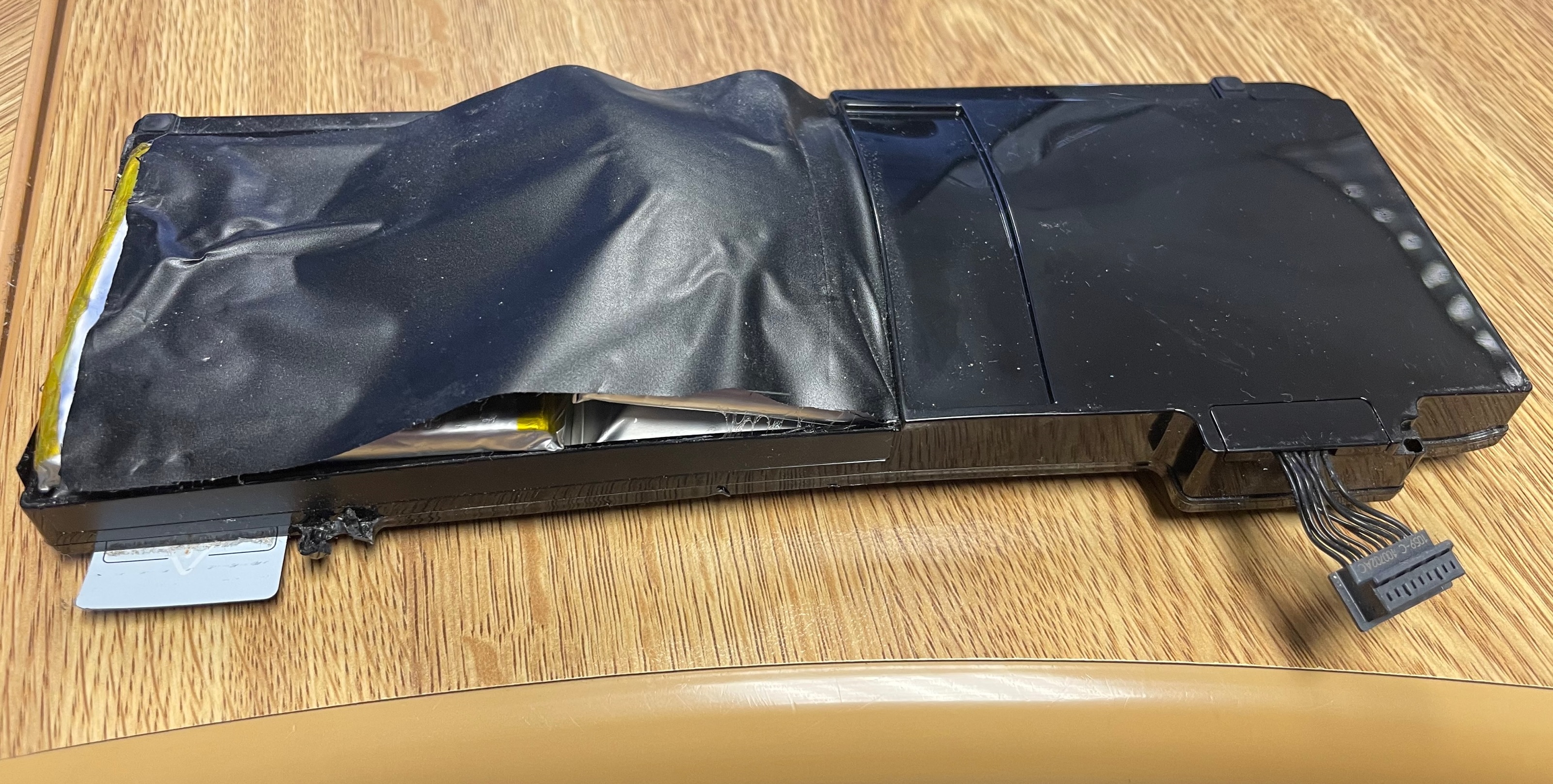Computers Not Regularly Used - Please Be Patient
If your computer has not been recently logged into and connected to the UTRGV network, the computer will be slower while it receives pending updates. The computer may go through several updates and reboots. This process may take several hours (especially with older computers). To avoid update delays, leave your computer powered on, or ensure it is turned on for a few hours at least once a week.
Laptop Battery Maintenance
Laptops should be allowed to periodically run on battery power to deplete the battery. This maintains the battery and prevents overcharging where the battery can swell and cause damage. Laptops are normally intended to be used as a mobile device. With some models, If the laptop is continuously plugged in or connected to a docking station, it will cause battery damage.


Frequently Restart Your Computer.
This should be the first course of action when issues arise as restarting your computer fixes most problems. Restarting ends background processes that are no longer needed or programs that didn’t quite close properly. Network connections and connections to printers and other devices are re-established. Memory is freed up to help your computer run at peak performance. Restart your computer at least once a week. A good practice is to restart your computer as you are leaving at the end of the day.
Keep your Desktop Clean:
Save files in your Documents folder (not on your computer desktop). Delete unneeded links from your desktop or categorize desktop icons into folders. This can significantly improve computer performance.
Close unused tabs and applications
Close browser tabs and applications that are not being used.
View Self-Service How-to Articles.
Search the IT knowledge base to locate step-by-step instructions for many IT issues and requests.
Install Software without Contacting the IT Service Desk.
There are two ways for end-users to install software on UTRGV computers without administrative permissions.